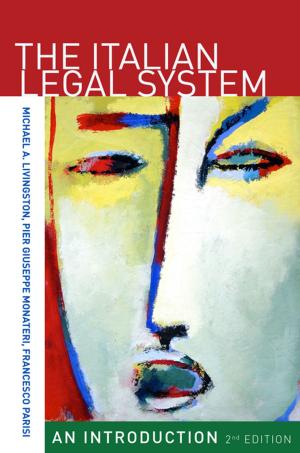| Author: | Gerald Bruns | ISBN: | 9780804775823 |
| Publisher: | Stanford University Press | Publication: | October 8, 2010 |
| Imprint: | Stanford University Press | Language: | English |
| Author: | Gerald Bruns |
| ISBN: | 9780804775823 |
| Publisher: | Stanford University Press |
| Publication: | October 8, 2010 |
| Imprint: | Stanford University Press |
| Language: | English |
The philosopher Stanley Cavell once asked, "Can a human being be free of human nature?" On Ceasing to Be Human examines philosophical as well as literary texts and contexts, in which various senses of Cavell's question might be explored and developed. During the past thirty or so years, the very concept of "being human" has been called into question within such fields as cybernetics, animal-rights theory, analytic philosophy (neurophilosophy in particular). This book examines these issues, but its main concern is the link between freedom and nonidentity that Cavell's question implies, and which turns out to be a major concern among the thinkers Bruns takes up in this book: Maurice Blanchot, Emmanuel Levinas, Michel Foucault, Gilles Deleuze and Félix Guattari, and Jacques Derrida. Each of these is, in different ways, a philosopher of the "singular" for whom the singular cannot be reduced to concepts, categories, distinctions, or the rule of identity.
The philosopher Stanley Cavell once asked, "Can a human being be free of human nature?" On Ceasing to Be Human examines philosophical as well as literary texts and contexts, in which various senses of Cavell's question might be explored and developed. During the past thirty or so years, the very concept of "being human" has been called into question within such fields as cybernetics, animal-rights theory, analytic philosophy (neurophilosophy in particular). This book examines these issues, but its main concern is the link between freedom and nonidentity that Cavell's question implies, and which turns out to be a major concern among the thinkers Bruns takes up in this book: Maurice Blanchot, Emmanuel Levinas, Michel Foucault, Gilles Deleuze and Félix Guattari, and Jacques Derrida. Each of these is, in different ways, a philosopher of the "singular" for whom the singular cannot be reduced to concepts, categories, distinctions, or the rule of identity.















